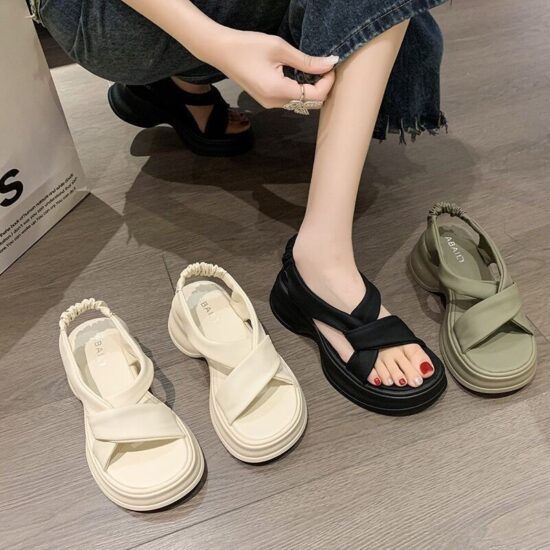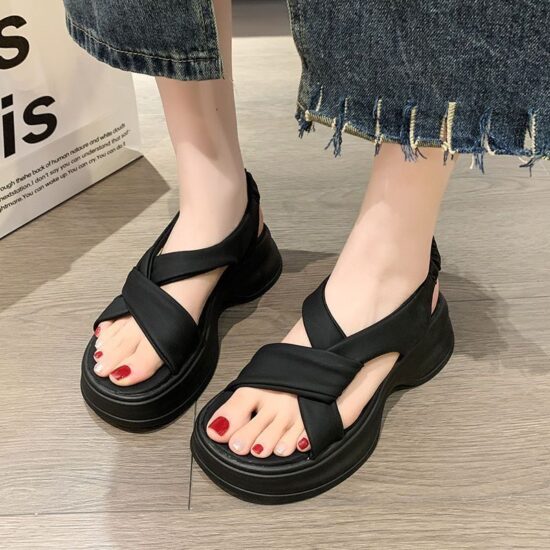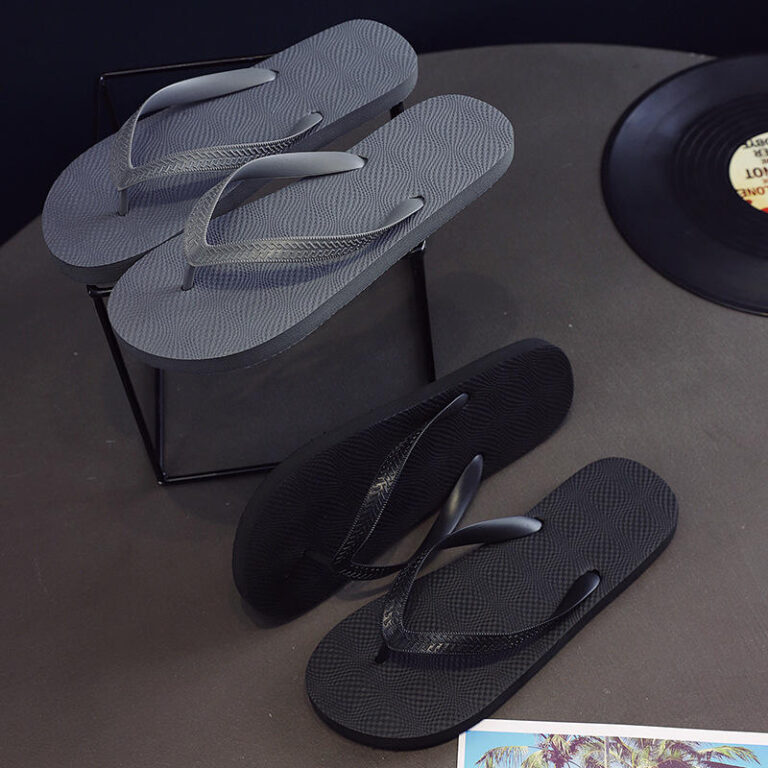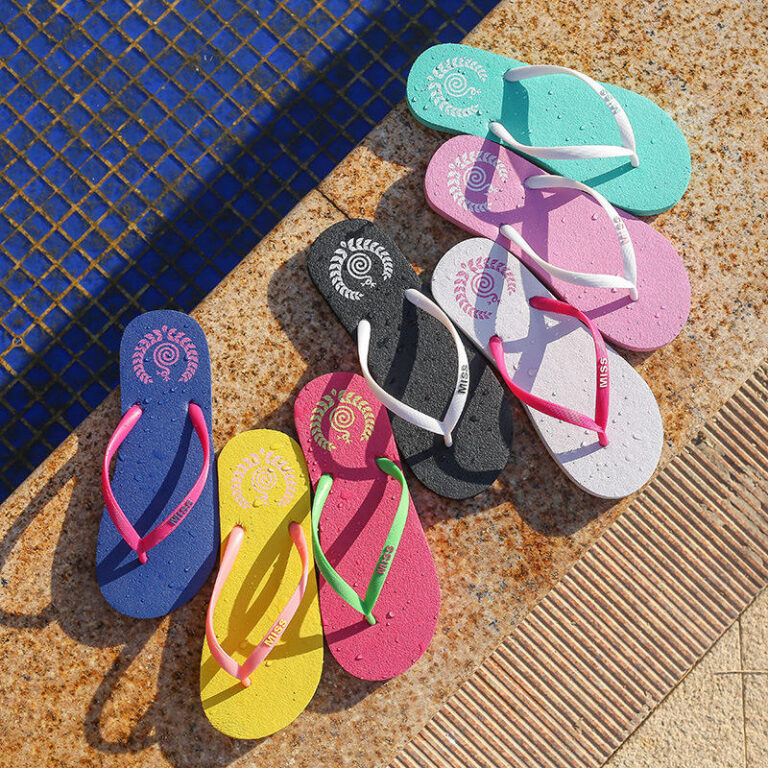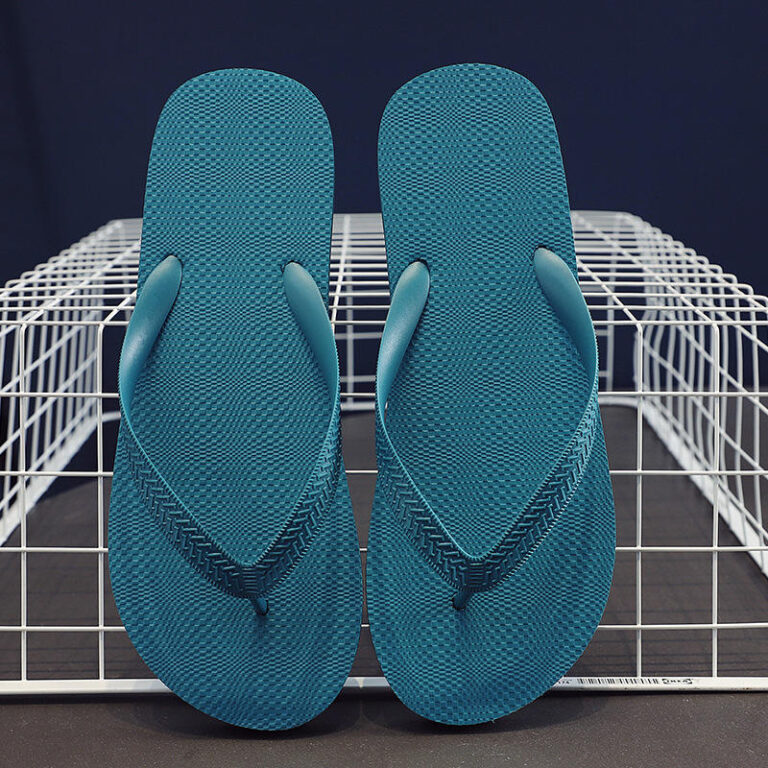jay@nbdho.com
The Rise of Eco-Friendly Flip Flops in the Sustainable Fashion Movement
Sustainability has become a driving force in the fashion industry, with consumers increasingly prioritizing eco-friendly products. This shift toward sustainability is now making its way into the footwear market, particularly in flip flops. Eco-friendly flip flops are becoming more popular, offering an opportunity for B2B businesses to meet the growing demand for sustainable fashion. From recycled materials to ethical manufacturing practices, eco-friendly flip flops are changing the way consumers think about their footwear choices.
The Environmental Impact of Traditional Flip Flops
Traditionally, flip flops are made from materials like PVC, rubber, and plastic, which contribute to environmental waste. These materials are not biodegradable and can take hundreds of years to decompose in landfills. As a result, many eco-conscious consumers are seeking alternatives that have a minimal environmental impact. Eco-friendly flip flops, on the other hand, are made from sustainable materials that are either biodegradable or recyclable, helping to reduce waste and the overall carbon footprint of the product.
Materials Used in Eco-Friendly Flip Flops
The materials used in eco-friendly flip flops are the key to their sustainability. Recycled rubber, for example, is a popular material choice, as it helps to reduce the need for new raw materials while giving used rubber a second life. Other sustainable materials include natural rubber, cork, and even plant-based plastics. These materials not only reduce the environmental impact of flip flop production but also offer durability and comfort for the wearer. Offering flip flops made from these sustainable materials allows B2B businesses to cater to a market that values both quality and eco-friendliness.
Ethical Manufacturing Practices
In addition to using eco-friendly materials, many companies that produce sustainable flip flops also focus on ethical manufacturing practices. This includes ensuring fair wages for workers, reducing energy consumption, and minimizing waste in production processes. Ethical manufacturing practices are an essential part of the sustainability equation, as consumers are increasingly aware of the environmental and social impact of their purchases. B2B buyers can benefit from offering flip flops that are not only eco-friendly but also produced under ethical conditions, aligning with the values of today’s conscious consumers.
Recycling Programs and Product Lifecycle
One of the most innovative trends in sustainable flip flop production is the incorporation of recycling programs. Some brands now offer customers the option to return old flip flops for recycling or repurposing. This helps to close the loop in the product lifecycle, ensuring that the flip flops don’t end up in landfills. For B2B retailers, partnering with brands that offer take-back programs or other recycling initiatives is a great way to demonstrate commitment to sustainability while offering customers a responsible way to dispose of their old footwear.
Market Demand for Eco-Friendly Flip Flops
The demand for eco-friendly flip flops is on the rise, as more consumers seek products that align with their environmental values. By offering eco-friendly flip flops, B2B suppliers can tap into a growing market of environmentally conscious consumers. Whether it’s through sustainable materials, ethical manufacturing practices, or recycling initiatives, eco-friendly flip flops are an important part of the future of fashion. Retailers that embrace this shift will not only contribute to a more sustainable planet but will also position themselves as leaders in the eco-friendly footwear market.
